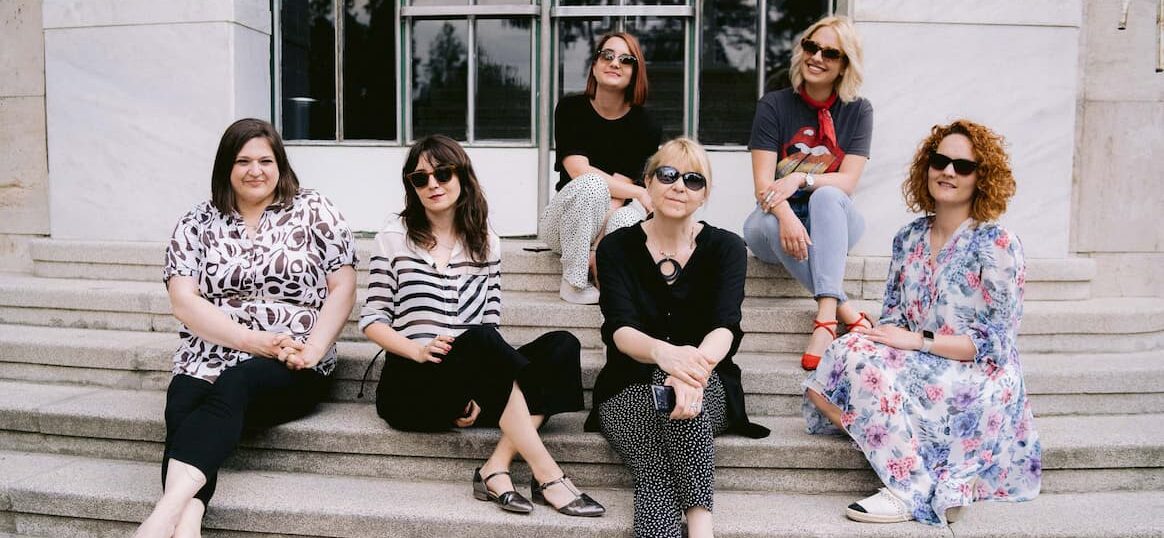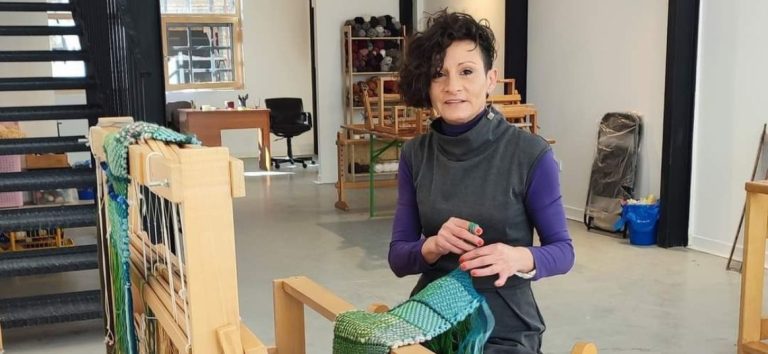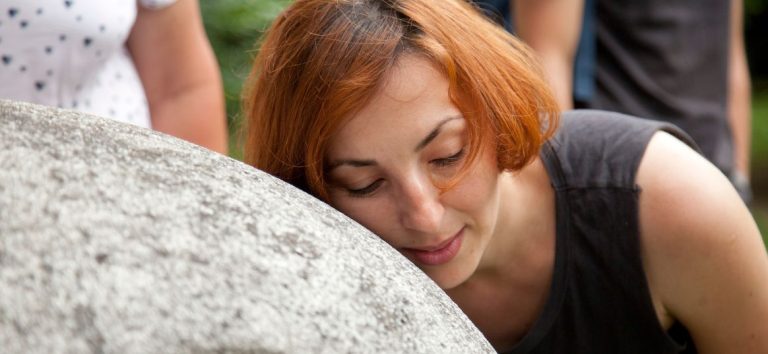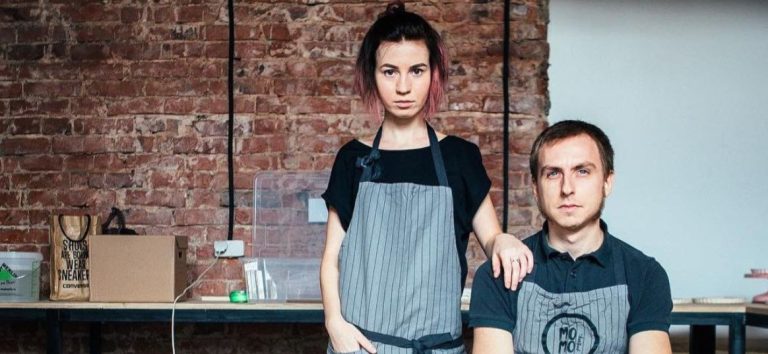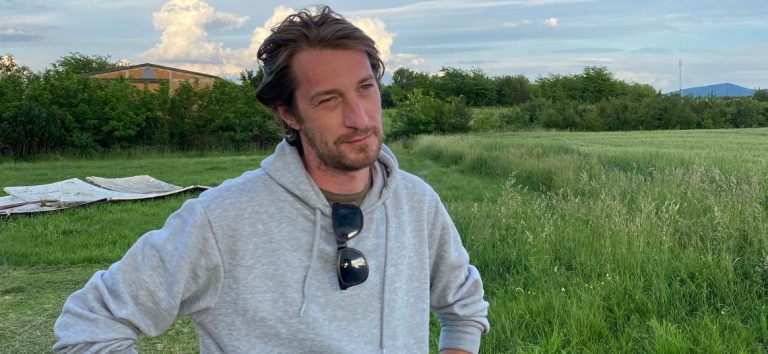A woman is not a stereotype, she is not a construct, and she is more than various epithets that are assigned to her. Women are fighters, women are brave and throughout history, they have changed the world, accepted and spread European ideas of enlightenment, equality and emancipation. Promoting women’s creativity, the Heroines programme, which will last through May and June and whose partner is Erste Bank, will bring us contemporary domestic and foreign artists through various cultural events in the European Capital of Culture, and we invite you to regularly follow our calendar on the site.
Who are the heroines of today, why it is still necessary to speak loudly about the position of women in society, and what is the role of art in spreading awareness – it’s all revealed by several heroines of the Novi Sad – European Capital of Culture Foundation who participate in creating programmes and conveying these important messages to all of us. Meet Marina Savić, the Heroines programme arch coordinator, Milana Milovanov, the public relations team coordinator, project managers Marijana Ramić Vulin and Rosana Mokuš, Milana Ratić, head of the marketing and communication department and Slobodanka Drašković, head of the general affairs department.
They are creative, brave, rebellious, free, fun, and versatile successful women, mothers, girls… they are important!
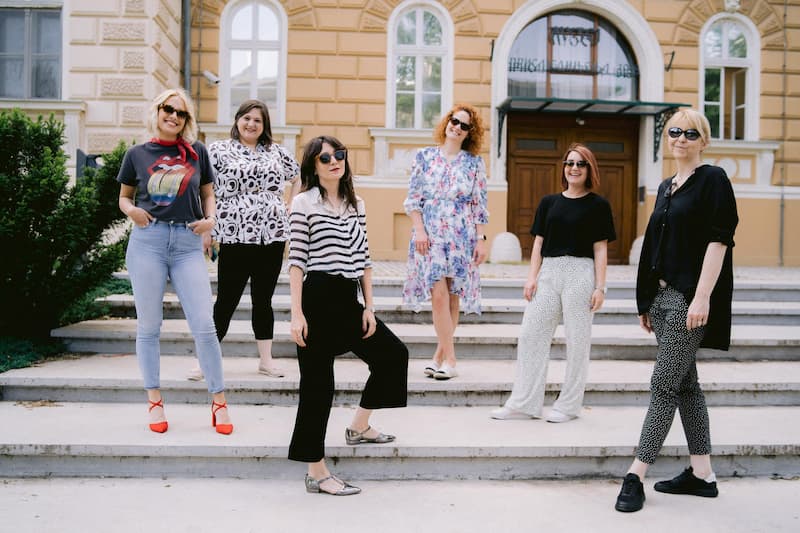
Who is a heroine for you?
Marina Savić: For me, a heroine is not simply a woman who excels in some of her abilities or virtues, proving that she can match men in their world, and occupying the highest place in a socially established hierarchy. Heroines are all women who, through their life experiences, feel the pressure of patriarchal social patterns – housewives, mothers, women in employment and those outside it – and who are ready to fight against them.
Milana Milovanov: All women who fight different battles every day. I think that in each of us there is a heroine who emerges every day and pushes us forward.
Marijanu Ramić Vulin: Taking into account the circumstances under which women still live today – all women are heroines! Every day, women struggle to hear their voices and see their contributions. To succeed in everyday undertakings and desires without losing themselves and the opportunity to grow and prosper. And most importantly, to have free choice, to be what they are and want and to make their own decisions.
Milana Ratić: My first association with the word heroine is a woman warrior. A woman who fights – for herself, for others, for a better world, for a better tomorrow.
Rosana Mokuš: For me, heroines are all brave girls and women who have excelled in resisting norms and traditions and have found the passion and courage to make their dreams come true.
Slobodanka Drašković: Women who push boundaries and go above and beyond, teach us and lead us, and whose work serves as an example that gender is not important for success.
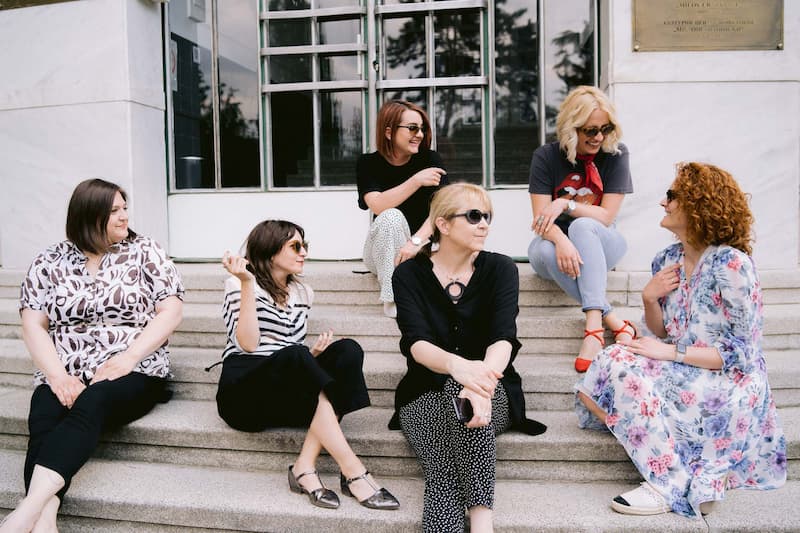
Prejudices and stereotypes about women are something that, unfortunately, still persists, in parallel with the fight against them. What prejudices and stereotypes did you or the women around you most often encounter?
Milana Ratić: The most common stereotype I have personally encountered is that ‘I drive well, even though I am a woman’. I am especially sensitive to the prejudice that a woman cannot have a career and a family, that is, that she cannot be successful in both fields and that women are bad managers. I try to prove the opposite by personal example.
Marijanu Ramić Vulin: Many women are told that they can’t do something because they are women: to drive alone, travel to space, repair faucets, be great in mathematics and become presidents. That’s false.
Women should only be mothers and housewives. Women must be mothers and housewives and successful businesswomen. Women must always look perfect, tasteful, and well-groomed. False, false, false.
‘Emotions’ are feminine, are a feature of weakness and are undesirable. Therefore, women are also weak. False.
Women must keep quiet, patient, humble, and silent. False! Women are ladies, they are the gentler and more beautiful sex. False. The list is long.
Milana Milovanov: I think that I am most annoyed by the fact that we so easily assigned qualities that exclude each other. For instance, if you are beautiful, gentle, withdrawn, you are probably not very smart, it is very possible that you are not very capable, etc.… If you are loud and rebellious, then you are a ‘tomboy’, so you can’t be both. I think it’s just the opposite. Also, one of the biggest problems is the belief that offensive comments should be considered a compliment.
Slobodanka Drašković: Prejudices and stereotypes about women remain, but I think they are much rarer in the modern world, and thanks to women – heroines. The position of women has generally changed, but expectations have also changed. Today, a woman must be successful in all segments of life, and mistakes or failures are harder to forgive.
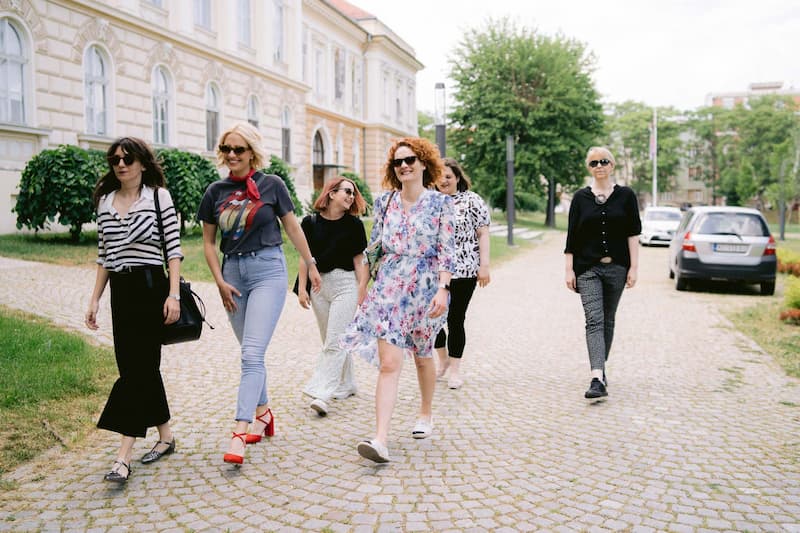
Can art and culture change that?
Milana Ratić: Of course! Art and culture are there to raise awareness of problems, prejudices and stereotypes, to make us stop, think once again, and educate ourselves. Only through education can we change the way we think.
Marijanu Ramić Vulin: Personally, I believe that art has the power to influence the world and change it for the better. Every art should have a dose of social engagement, attitude and encouragement to think and act. Greater involvement of women in culture, in general, is also needed. Women are not just an inspiration for art. They create art.
Rosana Mokuš: If art is not only put in the function of something beautiful but is seen as a space where marginalised groups, in this case, women, can express their views and feelings through artistic engagement, then I believe that art and culture can be a significant factor in overcoming the differences between us.
Marina Savić: Art and culture certainly greatly contribute to clarifying the issue of women’s status, primarily through the field of dialogue that opens and the polyphony of perspectives they offer. However, I have the impression that only through structural changes women can fight for their rights, and that is a long and painful struggle in which each of us participates.
And who are your heroines that you admire?
Milana Milovanov: For me, the heroines are women from my family, because of whom I am what I am today. First of all, my mother, who has incredible strength and thanks to whom I was lucky not to grow up with the belief that I can’t do something just because I’m a woman, but just the opposite. I have never had such restrictions from my parents, and I thank them for that.
Milana Ratić: Mother, grandmother, aunt, sister, friend, colleague, casual passer-by.
Marijanu Ramić Vulin: All the women I know are heroines. But also, heroines are all those women throughout history who are responsible for my daughter going to school, wearing pants, and not having to get married at 13 years old. Because of this I can work today, inherit property, and decide on my own destiny. These are women who broke the norms, raised personal and world revolutions and dreamed seemingly impossible dreams. There is no greater heroism than that.
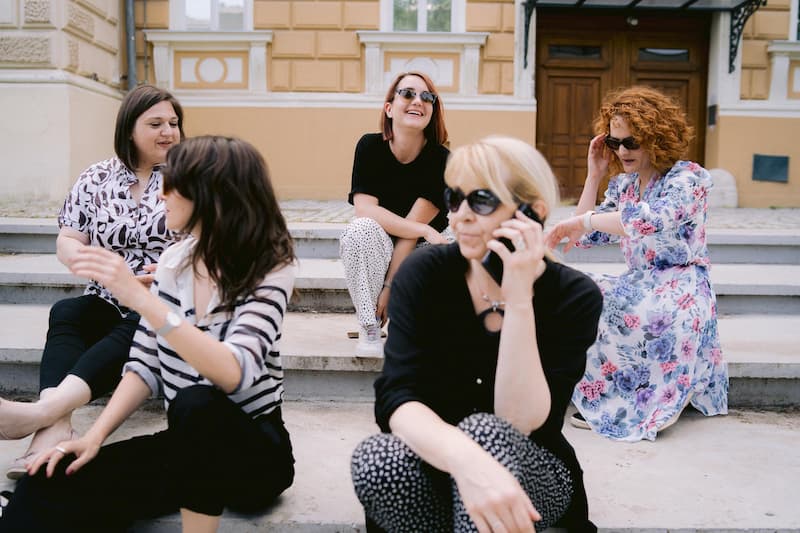
Why is the Heroines programme arch important?
Marina Savić: This arch opens various questions, focusing on women’s creativity, connecting cultural institutions, participants in the local activist and independent scenes and artists, which I think is very beneficial for the Novi Sad feminist scene. At least for a month, we have contributed to Novi Sad becoming a city of women, and to giving the women’s issue the space it deserves, which I hope will continue to deepen, grow and develop.
Milana Milovanov: Because, unfortunately, I believe that every woman has encountered in her life, at least once, some kind of discrimination or some form of insult and violence just because she is a woman. And I believe that very often we are not even aware of it. I also think that we are not aware that everything we can and have the right to today – to get an education, to do the jobs we want, to dress the way we want, to participate in important issues, to have the right to vote and many other things they mean, we don’t even think about it, some women couldn’t for a long time because they weren’t allowed to.
Rosana Mokuš: Throughout my education, I was taught that men shaped the world and that the contribution of women can be described as accidental, or barely noticeable. The Heroines programme is so important because it puts women’s creativity and activism in the spotlight, and thus pays tribute to the heroines who dedicated their lives to breaking patriarchal shackles and fighting for equality and emancipation, as well as heroines who defy male domination today through their work and creativity.
Slobodanka Drašković: It is important because it pays tribute to the predecessors, but also in a way accentuates the Novi Sad women’s scene.
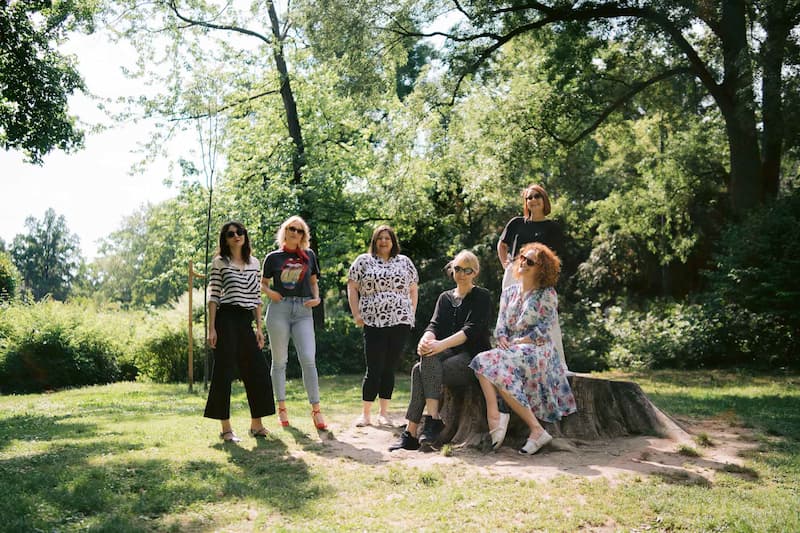
Which programmes during Heroines should we not miss?
Marina Savić: From the large number of exhibitions represented in the Heroines programme, I would like to single out the Feminist Avant-Garde, which presents works by over 70 international and local artists. Certainly, we should not miss the new reading of the somewhat controversial life and work of Mileva Marić Einstein, embodied in the play that opens Sterijino Pozorje on 26 June, and which is the product of regional cooperation of five playwrights and directors of the younger generation. Also, since the Heroines end with an activist note, I recommend the now well-known Novi Sad Autonomous Festival of Women (AFŽ), which lasts seven days in the ECoC year!
Milana Milovanov: You should not miss Heroines! 🙂
Milana Ratić: A difficult question, but my favourite is the ‘Vila’ festival in Vrdnik between 3 and 5 June, because I can visit it with my family. I believe that it will be interesting for both children and adults to listen to Anica Dobra and Nataša Miljković reading fairy tales. We also have great performances, movies, gastronomy, and a rich music programme waiting for us… Admission is free, so if you are interested in more detailed information about the programme, you can visit the page fruskogorskavila.rs.
Marijana Ramić: The play ‘A Lullaby for Aleksija Rančič’, produced by the National Theatre in Belgrade, which addresses the issue of violence against women and talks about multiply marginalised women: convicts who are victims of violence. The play is on the repertoire on 6 June at the Serbian National Theatre.
Rosana Mokuš: I can’t wait to see the exhibition ‘The Partisan and Fragonard. Collection of Jovanka Broz’ in the Gallery of Matica Srpska and Zombijana’s exhibition as part of the AFŽ.
Slobodanka Drašković: ‘Vila’ festival on Fruška Gora, because there will be families, friends, and nature, as well as great female artists!
Author: Marina Marić
Photo: Vladimir Veličković

